Last weekend, Twitter imposed limits on the number of tweets that users could see each day.
Owner Elon Musk claimed the move was designed to stop "extreme levels" of data scraping and system manipulation – and even joked that the limits gave Twitter obsessives the chance to go outside and "touch grass again".
But with the 'temporary’ measure remaining in place all week, it’s ended up providing Twitter’s biggest ever threat the perfect launchpad.
Threading on Twitter's toes
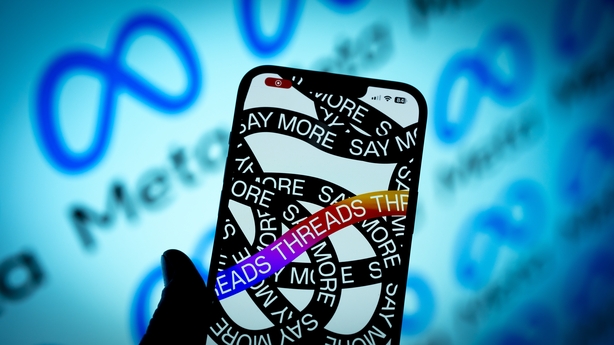
Having been rumoured for months, on Monday reports emerged that Facebook-owner Meta’s launch of a Twitter rival was imminent.
On Thursday, Mark Zuckerberg posted a video to Facebook to officially unveil Threads; "an open and friendly public space for conversation".
And in follow-up posts he made clear that this was intended to be a direct challenger to Twitter.
"I think there should be a public conversations app with 1 billion+ people on it," Zuckerberg said in a Threads post. "Twitter has had the opportunity to do this but hasn’t nailed it. Hopefully we will".
Following Meta’s long-standing tradition of mimicking the features of rival social networks, Threads sports a look that will be very familiar to Twitter user.
But its formulation also leans heavily on its parent company’s own stable. Instagram accounts are used to log in to Threads, and the photo sharing app’s content guidelines and moderation tools have been transferred over too.
And while it’s early days, it seems to have generated plenty of interest so far.
Threads claimed it had 5 million sign-ups within four hours of launch, with the number passing 30 million by the end of its first day of availability.
And that’s without users in one of its biggest markets – the European Union – being able to join.
Strict rules around data and privacy - including GDPR - mean there is a higher benchmark for Meta to clear here than in the US or UK.
As a result, it may be some time before consumers in the likes of Ireland gain access.
Billionaires come to blows
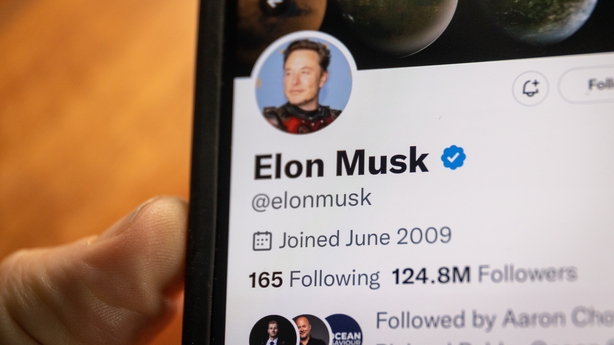
So far much of Musk’s reaction to Threads has been largely contained to snarky replies on Twitter.
He has laughed at other users’ jokes about Meta copying Twitter’s look – including one from Twitter’s co-founder and former CEO Jack Dorsey.
He has also taken some direct swipes at Mark Zuckerberg; despairing at the potential of a social media monopoly, questioning his attitude to user data and acting shocked at the extent of the data that Threads seeks to collect.
But his most pointed barb so far has been the claim of cheating, which is tied to a legal move by Twitter in response to Thread’s launch.
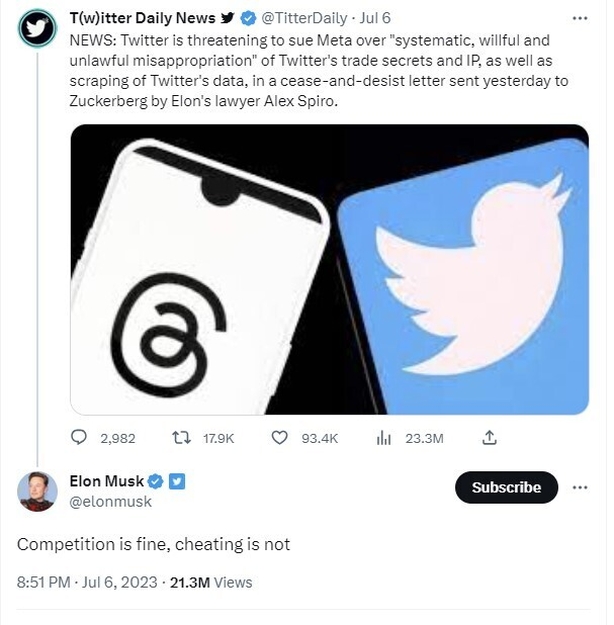
On Thursday it emerged that Twitter’s legal team had sent a letter to Mark Zuckerberg accusing his company of "systematic, wilful, and unlawful misappropriation of Twitter’s trade secrets and other intellectual property" in its development of Threads.
At the heart of the complaint is the claim that Meta had hired some of Twitter’s former staff who, in turn, helped develop the Threads app.
How strong Twitter’s case is remains unclear, though.
Under US law it would not be enough for Twitter to point to the similarities of the two apps – instead it would need to prove that its property (like programming code) was taken.
Meta hiring former Twitter employees is unlikely to provide a solid legal foundation, either.
In many cases they would have been the same staff that Twitter summarily fired as part of Musk’s aggressive cost-cutting programme. It’s not clear if non-compete clauses had been signed as part of their contract but, even if they had, Californian courts don’t tend to enforce them.
And Meta officials claim this is a non-issue anyway.
Posting, aptly, on Threads, company spokesperson Andy Stone said none of the new app’s engineering team is a former employee of Twitter.
Social showdown
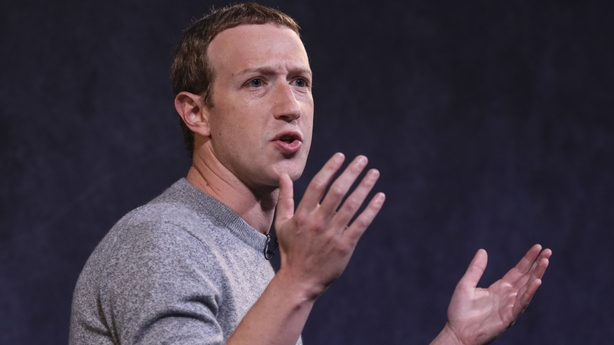
That means that Musk may simply have to go toe-to-toe with Zuckerberg in the open market of ideas.
Twitter’s win record to date should give Musk some reason to be confident.
For all the talk of Twitter boycotts since he took over the social media network, it continues to prove a draw to hundreds of millions of users each month.
In that time, countless other apps have been dubbed ‘Twitter Killers’ - from Mastodon to Blue Sky to Hive Social - but none have managed to mount any real challenge to the Blue Bird.
For all its flaws, Twitter has so far shown a level of stickiness that the Bebos and Myspaces of this world could only have dreamed of.
But while Twitter has been successful in fending off challengers to date, the tale of the tape shows just how different this fight will be.
For a start, Meta is a company with very, very deep pockets.
Last year it made a net profit of more than $4.6bn. And that was a relatively poor result for the firm; its profits in 2021 were almost $10.3bn while in 2020 it made $11.2bn.
Its 2022 performance was marred by its attempts to defend against upstarts like TikTok, and its heavy investment in virtual reality.
Regardless, that scale of profit would still give the company plenty of scope to swallow relatively significant losses as Threads builds market share.
But it may not even need much time to do that.
Thread ahead
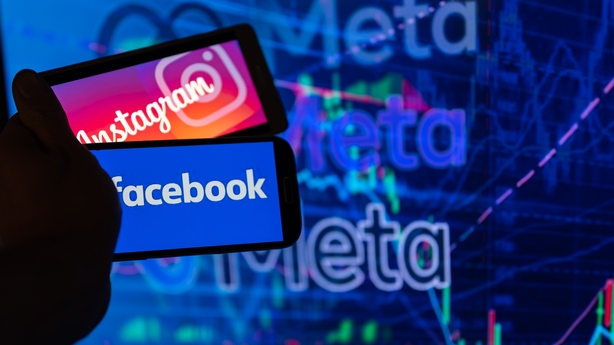
By building the service on Instagram, Threads can offer a ready-made network to more than 2 billion users.
This allows it to skip the significant growing pains that face other social media start-ups, where users have to start from scratch to build their follower/following lists.
For all the talk of Facebook’s userbase aging, Meta also still has a proven track record in keeping eyeballs on its services.
Research by marketing group Core indicates that 63% of adults here access Facebook each week. Instagram is a close second, with 61% of adults checking in at least once a week.
Twitter, meanwhile, draws the eye of 34% of adults - less than Snapchat, TikTok and even LinkedIn.
As a result, Meta also draws in most of the ad spend on social media.
Core’s annual market report, Outlook, estimated that Facebook and Instagram took a whopping 72% of all social media spend here last year.
This indicates that advertisers are used to directing their spend in Zuckerberg’s direction and are used to the tools and frameworks Meta has built to facilitate that.
It also suggests that ad-buyers are happy with the return they get from their Meta ads. The same cannot be said for Twitter.
According to Shane Foley, head of paid social at Core, Twitter’s ad share is on a clear downward trajectory.
Having held just 11% of Irish social media spend in 2019, Twitter was always in the shadow of Facebook and Instagram.
However even that low share has plummeted more recently – with Twitter taking just 5% of ad spend in 2022, and just 2% of the spend made so far this year.
This reflects a global cooling towards Twitter by advertisers since Musk’s takeover.
Fun over furore
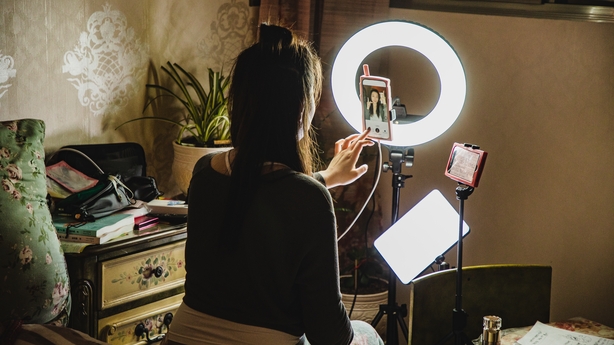
Since taking control, in what he argues is a commitment to free speech, Musk has softened Twitter’s content moderation policy and significantly reduced the team that was dedicated to monitoring and managing problematic posts.
That has made brands nervous about what messages their ads might appear next to if they continue to spend on the platform.
And even those comfortable with Musk’s laid-back approach to content may be rethinking their ad spend in recent days, due to the introduction of a view limit last week.
If users can only see a certain number of posts each day, then the number of ads that come into their view will also be capped. The longer that continues, the less value a Twitter ad will hold.
By pitching Threads as "open and friendly", Zuckerberg is clearly trying to offer a safer alternative to ad-buyers. The scale and stability of Meta is also going to be a draw.
Musk remains convinced that his ‘warts and all’ approach is correct.
Replying to a tweet shortly after Threads was launched, Musk said "it is infinitely preferable to be attacked by strangers on Twitter, than indulge in the false happiness of hide-the-pain Instagram".
There may be some truth to this point.
One of Twitter’s enduring strengths is around the delivery of news – particularly breaking stories.
Hannah-Louise Dunne, Core’s head of social and content strategy, says that 48% of Irish Twitter users visit the platform for news and information. Just 28% do so for entertainment.
At Instagram, meanwhile, 56% are looking for entertainment while 49% want to connect with others. News simply isn’t part of the appeal.
It’s not clear whether Threads will be able to pull in Twitter’s news-hungry audience – or whether it even wants to. The fact that Instagram’s fun-first approach has given it a userbase that’s more than five times the size of Twitter’s suggests that it doesn’t really need to.
And, as much as Musk may want Twitter to be the world’s "digital town square", even he must worry about the prospect of it ending up as home only to those looking for a debate.







